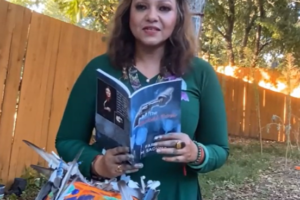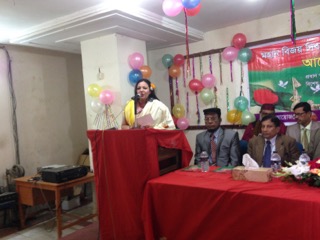Violence and looting continued to rock Chile on Sunday, resulting in at least eight deaths as stores and other establishments were set alight despite the imposition of a state of emergency in at least six cities.
The demonstrations started over a subway fare increase two weeks ago, which President Sebastián Piñera cancelled Saturday night. But his move failed to quell the wave of demonstrations that continued to convulse the country into Sunday, and calls were circulating for a national strike Monday.
Three people were killed in fires at supermarkets that were looted Sunday, and another five people were found dead in a warehouse that had been burned, officials told The Associated Press. Soldiers in camouflage were seen patrolling the capital, as riot police clashed with protesters, set fire to buses and vandalised subway stops.
The unrest was some of the worst to hit the country in decades, and the sight of military tanks on the streets was jarring for Chileans who are still reeling from a former 17-year military dictatorship, during which the armed forces committed rampant abuses.
The interior minister, Andrés Chadwick, said Sunday that 62 police officers and 11 civilians were injured in the latest violence and that nearly 1,500 people had been arrested.
As of Sunday night, a state of emergency had been declared in the capital, Santiago, and five other cities that had been affected by protests, looting and arson: Valparaíso, Concepción, Rancagua, Coquimbo and Antofagasta.
President Piñera said Sunday night that the state of emergency would be extended to more cities in the country’s north and south.
“We are at war against a powerful enemy, who is willing to use violence without any limits,” he said in a televised address from the Chilean Army’s headquarters in Santiago, according to Reuters.
The actions are the first time since Chile’s return to democracy in 1990 that the government has declared a state of emergency because of public disorder in the capital.
In Santiago on Sunday, there were violent skirmishes between demonstrators and the police all afternoon in Plaza Baquedano, a central landmark.
Thousands of other demonstrators gathered for hours in Ñuñoa, a middle-class neighborhood, cutting off a major thoroughfare in a peaceful protest. There were no police officers in sight.
The disturbances led at least two airlines to cancel or reschedule flights into Santiago. About 5,000 people were forced to stay overnight in the airport Sunday because of canceled flights or suspensions of public transit into the city.
The government imposed a curfew in Santiago from Sunday night to Monday morning, and said that 10,500 soldiers and police officers were patrolling the city. Long lines were forming at gas stations before the start of the workweek.
The chief of the subway system, Louis de Grange, said he hoped to restore service to one line by Monday, but that four other lines might not be back in service for weeks or months.
“Tomorrow we will have a difficult day,” President Piñera said Sunday night, referring to partial suspensions of service at hospitals, schools, crèches and across Santiago’s public transit network. He added that the perpetrators of the unrest had “a degree of organisation, logistics, typical of a criminal organisation.”
Piñera’s comments came hours after he met with leaders of the legislature and judiciary system and pledged “to reduce excessive inequalities, inequities abuses, that persist in our society.”






















